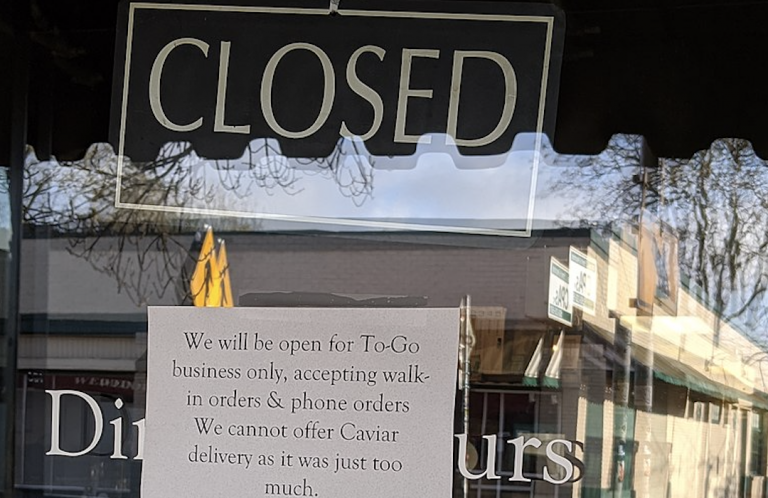Published on November 25, 2020

As America focused on the presidential election, COVID-19 cases surged. This alarming trend underscores the task now before President-elect Joe Biden and his COVID-19 task force: to “listen to science” and implement strategies that minimize pandemic-related suffering for Americans — particularly those living in poverty.
The pandemic has hit poor communities like much of Philadelphia hard. Low-income individuals are the least able to forego work to care for high-risk loved ones, creating a trade-off between bringing home money to keep the heat on and bringing home the virus to loved ones. Virus-related hospitalizations and death have been higher in areas with greater poverty.
Despite these disproportionate harms, prioritizing the poor is easier said than done. Some scholars, such as those behind the Great Barrington Declaration, suggest doing so via a “reopening based” strategy that applies restrictions to high-risk individuals, such as nursing home residents and other elderly individuals, while allowing herd immunity for everyone else. Other experts, such as those behind the John Snow Memorandum, counter this notion, arguing for a “restriction based” strategy that protects the vulnerable by extending closures until reopenings can be justified.
In reality, neither accounts specifically for low-income communities or proposes measures to protect them. Consider the Great Barrington Declaration, which calls on leaders to rapidly reopen everything from sporting events to restaurants to schools. In that exhortation, there is no acknowledgment of poverty as a form of vulnerability, or low-income individuals as the workforce in low-wage, frontline jobs with higher infection risk. Despite invoking a compassionate approach, the Declaration is silent on the actions needed to achieve it.
Originally written by Joshua M. Liao, director of the Value & Systems Science Lab and associate professor at the UW School of Medicine, and Amol S. Navathe, assistant professor of medicine and health policy at the University of Pennsylvania.